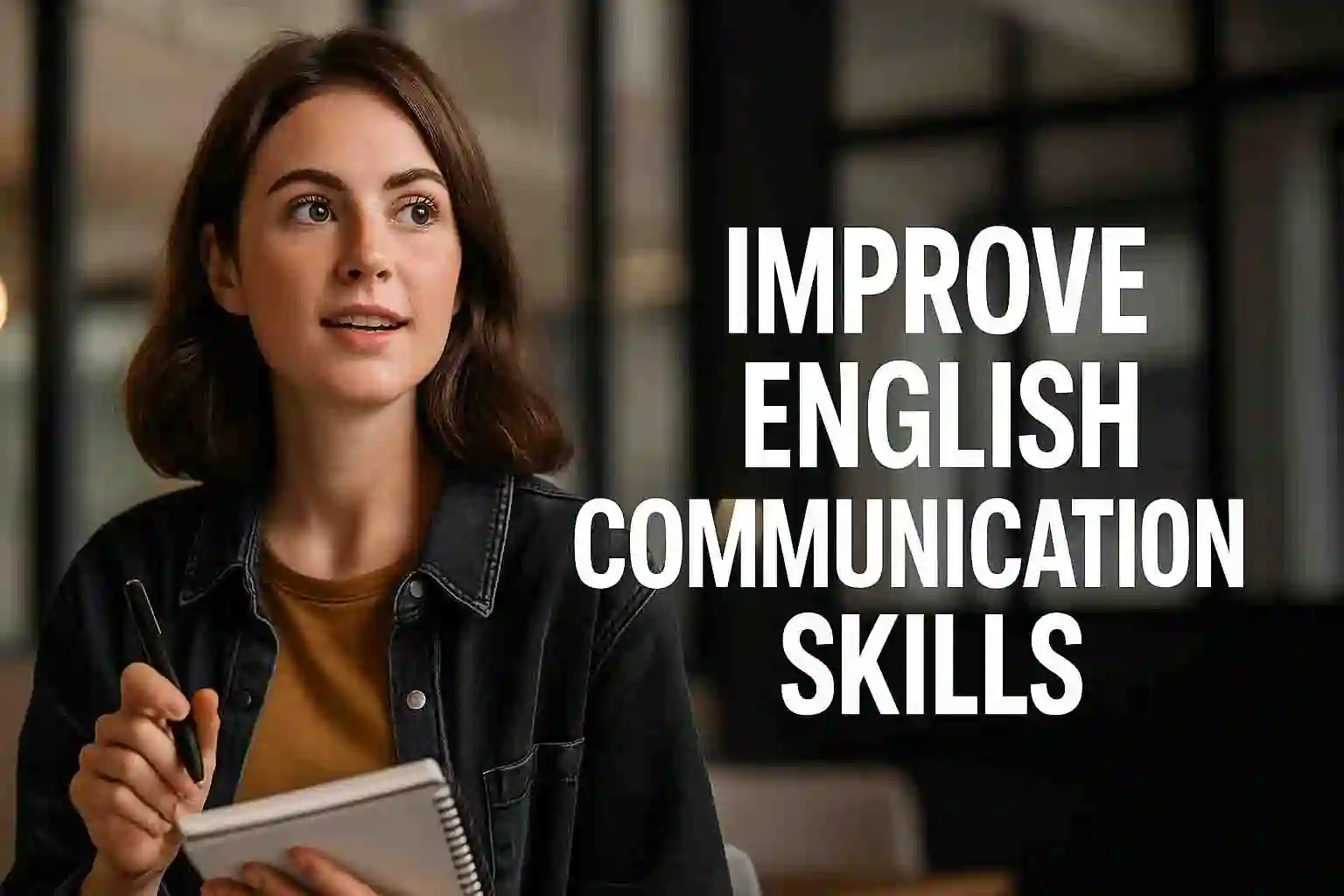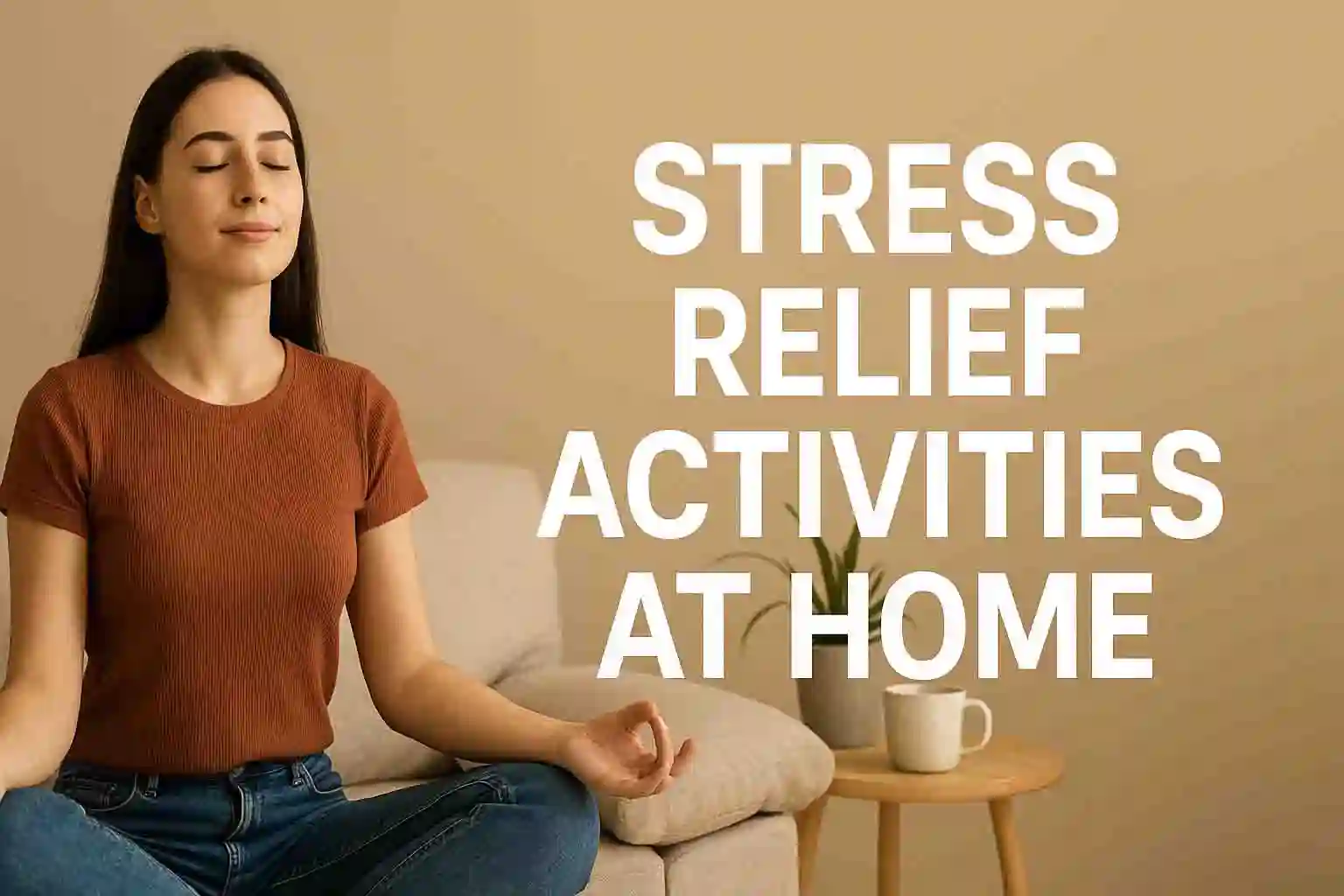How to Say No Without Feeling Guilty and Stay Kind
Do you feel uneasy when you need to say no? Whether at work, with family, or in social commitments, mastering how to say no without guilt is a critical personal development skill. It supports emotional wellbeing, mental health balance, and healthy boundaries while preserving professional and personal relationships. This article breaks down respectful, practical ways to decline with confidence, supported by clear real life examples that make boundary setting effortless and effective.
But here’s the truth: you don’t have to say yes to everything to be a good person.
In this article, you’ll learn how to say no graciously—with respect, kindness, and confidence—without feeling guilty. We’ll break down some key ideas in simple terms, share real-life examples, and give you smart ways to protect your time and energy while still being respectful to others.
Why Learning How to Say No Without Feeling Guilty Matters
Let’s be honest. Saying no can feel uncomfortable. But why?

Here are a few reasons:
- Fear of rejection: You don’t want people to be upset with you.
- People-pleasing habit: You’ve learned to value others’ needs above your own.
- Guilt: You feel selfish for turning someone down.
- FOMO (Fear of Missing Out): You worry you’ll lose a chance or opportunity.
These feelings are common, but they shouldn’t control your decisions.
What Does It Mean to Say No Graciously?
Saying no graciously means turning down a request politely and respectfully, without burning bridges or hurting relationships.
You’re not being rude. You’re simply setting healthy boundaries.
Simple Definition:
Gracious No = A kind, respectful way to say no without guilt or drama.

It’s about being clear, calm, and compassionate.
Real-Life Example #1: At Work
Situation: Your manager asks you to take on a new project even though you’re already overloaded.
Gracious Response:
I really appreciate you thinking of me for this, but I’m currently at capacity and wouldn’t be able to give it the attention it deserves. Can we revisit this after I complete my current tasks?
Here, you’re showing respect while maintaining your workload boundaries. Learning how to say no without feeling guilty at work is essential. It helps you maintain productivity while avoiding burnout.
Real-Life Example #2: With Friends
Situation: A friend keeps asking you to go out even when you’re mentally drained.
Gracious Response:
I love hanging out with you, but I’m feeling really low on energy right now. I need a quiet evening to recharge. Let’s plan something for another day when I can truly enjoy it.
You’re saying no without rejecting the person.
Learning to say no is an important part of setting boundaries for mental health. If you always say yes, your stress levels go up, and you risk burnout.
Want more exclusive updates like this?
What Is Burnout?
Burnout is a state of emotional and physical exhaustion caused by too much stress for too long.
Symptoms include:
- Always feeling tired
- No motivation
- Irritability
- Trouble focusing
Saying no can help prevent this.
When You Say Yes to Everything, You Say No to Yourself
This is a powerful truth. Every time you say yes to something you don’t want to do, you say no to your own time, goals, or rest.
Ask yourself:
- Do I really want to do this?
- Do I have the time and energy for it?
- Am I saying yes just to avoid guilt?
If your answer is yes to the last question, it’s time to pause.
One of the biggest reasons to say no is to improve time management for busy professionals. High achievers often feel like they have to take on everything. But effective leaders know that prioritizing is smarter than overcommitting.
How to Say No (Without Sounding Mean)
Here are 5 simple phrases to use when you want to say no gracefully:
1. I appreciate the offer, but I have to pass this time.
Use this when someone offers an opportunity, invitation, or favor.
2. I’m honored you thought of me, but I’m not available.
Use this when you want to say no without sounding dismissive.
3. That doesn’t work for me right now.
This is a confident, clear boundary that doesn’t invite argument.
4. I don’t have the bandwidth for that right now.
Ideal for professional settings or when you’re overwhelmed.
5. Let me get back to you.
Use this when you need time to think before responding. It buys space.
Real-Life Example #3: With Family
Situation: Your sibling asks for help moving this weekend, but you need rest after a tough week.
Gracious Response:
I’d love to help, but I’m completely wiped out this weekend. I need to rest and recharge. Can I support you in another way, like sending over some packing supplies or food?
You’re still being helpful without burning yourself out.
The more you practice how to say no without feeling guilty, the more natural and confident it becomes.
What If They Get Upset?
Sometimes, people won’t take your no well. They may try to guilt you, argue, or make you feel bad.
Here’s what to remember:
- You’re not responsible for other people’s emotions.
- Kindness doesn’t mean saying yes to everything.
- Respecting your limits is healthy, not selfish.
If someone constantly pressures you or doesn’t respect your no, it’s a sign they may not value your well-being. That’s a red flag.
You Don’t Need to Explain Everything
A common mistake is over-explaining your no. You don’t need a full story.
Saying something simple like I’m not available right now is enough. The more you explain, the more it opens space for someone to challenge your decision.
Learning to say no also builds emotional resilience in personal relationships. It teaches you to value yourself, make conscious choices, and stay strong even when others disagree.
This is a skill that pays off in your career, relationships, and overall mental health.
It’s Okay to Try and Still Say No
You might try your best to be there for everyone, and still feel like you’re not doing enough.
It will help you accept that your best is enough, even when you have to say no.
Final Thoughts: Saying No Is a Superpower
Saying no graciously is a skill. It helps you protect your peace, prioritize your goals, and build healthy relationships. You don’t need to feel guilty for taking care of yourself.
Remember:
- You have the right to say no.
- Saying no is a form of self-respect.
- You’re allowed to rest, protect your time, and choose what matters to you.
Practice these steps regularly, and it’ll become second nature.
Want more helpful content? Check out our guides on:
Let your next yes come from a place of choice—not pressure.
Share your favorite moments with us on Instagram!
Don’t keep this to yourself—share it with a friend!
























